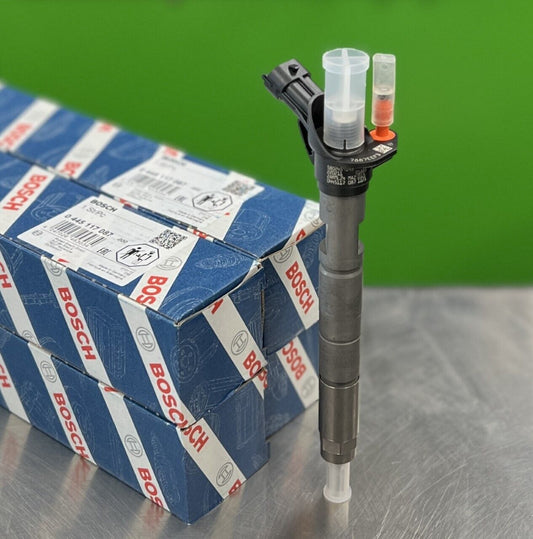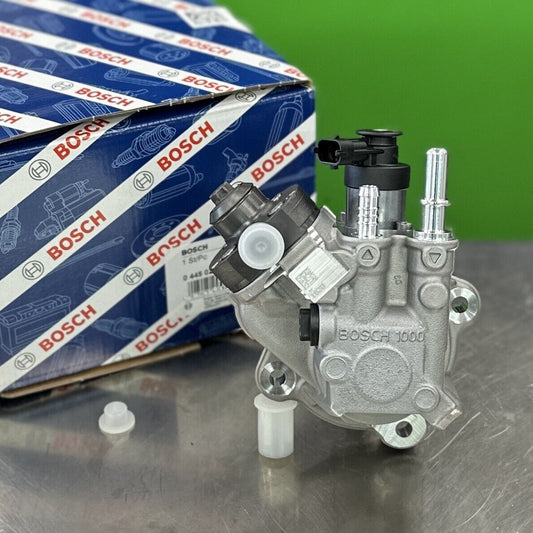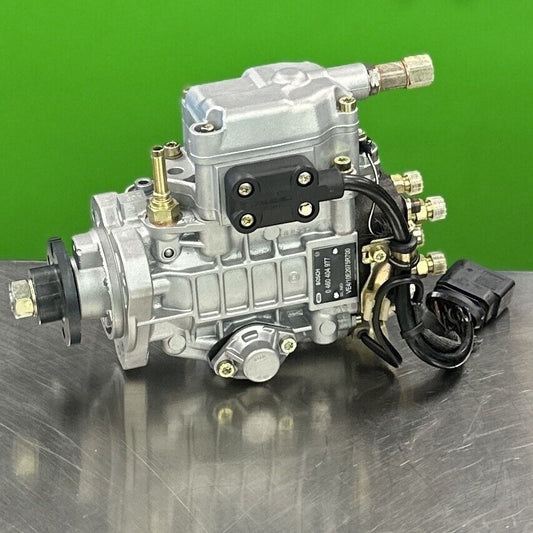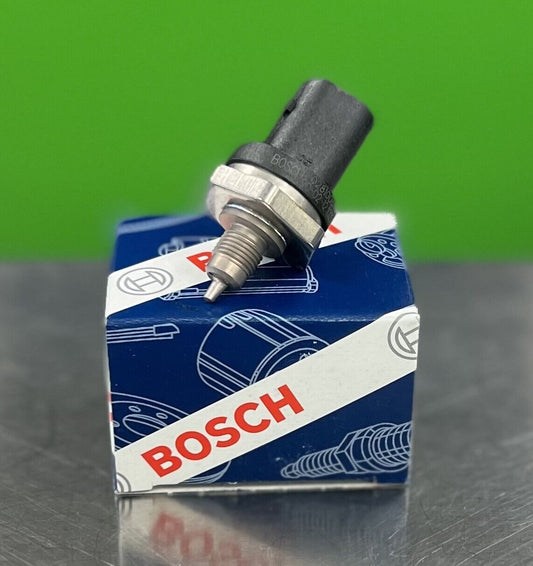This article will guide you through troubleshooting common problems with the DD15 fuel pump, helping you identify issues and find solutions to keep your engine running smoothly.
Inspect and replace clogged or dirty fuel filters to ensure proper fuel flow and prevent damage to the fuel pump.
Use a pressure gauge to check if the fuel pump is delivering the correct pressure to the engine for optimal performance.
Inspect wiring and connections to the fuel pump for any signs of damage or corrosion that may be affecting its operation.
Listen for unusual noises coming from the fuel pump, as this could indicate internal damage or wear that needs attention.
Check Fuel Filters
When it comes to troubleshooting DD15 fuel pump issues, one of the first steps you should take is to check the fuel filters. These filters play a crucial role in ensuring that clean fuel reaches the engine, preventing any contaminants from causing damage to the fuel pump. By inspecting and replacing clogged or dirty fuel filters, you can maintain proper fuel flow and keep your engine running smoothly.
One effective way to check the condition of the fuel filters is to visually inspect them for any signs of blockages or debris. If you notice any buildup, it's essential to replace the filters promptly to avoid potential issues with the fuel pump. Additionally, you can use a pressure gauge to test the fuel pressure and ensure that the fuel pump is delivering the correct amount of pressure to the engine.
Regular maintenance of the fuel filters is crucial for the overall performance of your engine. By keeping them clean and free of contaminants, you can prevent costly repairs and ensure that your vehicle operates efficiently. Remember, a well-maintained fuel system is key to maximizing the lifespan of your engine and avoiding unexpected breakdowns on the road.
Test Fuel Pressure
When it comes to troubleshooting fuel pump issues, testing the fuel pressure is a critical step in diagnosing potential problems. Proper fuel pressure is essential for the optimal performance of your engine. So, how do you test the fuel pressure to ensure everything is running smoothly?
One effective method is to use a fuel pressure gauge, a handy tool that allows you to measure the pressure delivered by the fuel pump accurately. By connecting the gauge to the fuel line, you can get real-time data on the pressure levels, helping you determine if the fuel pump is functioning correctly.
During the testing process, it's crucial to pay close attention to the pressure readings. Compare the measured pressure to the manufacturer's specifications for your specific engine model. Deviations from the recommended pressure range could indicate underlying issues with the fuel pump that need to be addressed promptly.
Additionally, consider conducting a leak-down test to assess the integrity of the fuel system. This test involves monitoring the pressure drop over a certain period, revealing any potential leaks or issues with the fuel delivery system that may be affecting performance.
Remember, maintaining the proper fuel pressure is vital for the overall health and efficiency of your engine. By regularly testing the fuel pressure and addressing any deviations or abnormalities, you can prevent more significant problems down the road and ensure your engine continues to run smoothly.
Examine Electrical Connections
When it comes to troubleshooting DD15 fuel pump issues, examining the electrical connections is a crucial step in ensuring the proper functioning of your engine. Just like a network of wires in a complex circuit, the electrical connections to the fuel pump play a vital role in delivering power and signals effectively. Any disruption or damage to these connections can lead to erratic pump performance or even complete failure.
To start the examination process, visually inspect all the wiring leading to the fuel pump. Look for any frayed wires, loose connections, or signs of corrosion. Much like checking the strands of lights on a Christmas tree to find the one causing the whole string to flicker, identifying a faulty connection can help prevent larger issues down the line.
If you notice any damaged wires or loose connections, it's essential to address them promptly. Just as a loose screw can cause a machine to malfunction, a loose electrical connection can disrupt the flow of power to the fuel pump, affecting its performance. Secure any loose connections and replace any damaged wires to ensure a stable electrical supply to the pump.
Additionally, testing the voltage and continuity of the electrical connections can provide valuable insights into their condition. Using a multimeter is like using a stethoscope to listen to the heartbeat of the electrical system, allowing you to detect any irregularities that may be affecting the fuel pump's operation.
Remember, the electrical connections are the lifeline of the fuel pump, transmitting the necessary signals and power for proper functioning. By examining and maintaining these connections regularly, you can prevent unexpected breakdowns and ensure the smooth operation of your DD15 engine.
Monitor Fuel Pump Noise
When it comes to troubleshooting fuel pump issues, one crucial aspect to consider is monitoring the noise produced by the fuel pump. The sounds emitted by the fuel pump can provide valuable insights into its condition and performance. Just like how a musician tunes their instrument to ensure perfect harmony, listening to the fuel pump can help you tune into any irregularities that may be causing disruptions in its operation.
Imagine the fuel pump as the beating heart of your engine, pumping fuel to keep it running smoothly. If this vital component starts making unusual noises, it could be a sign of trouble brewing beneath the surface. Like a detective deciphering clues at a crime scene, paying attention to these sounds can help you uncover potential issues before they escalate into major problems.
One way to effectively monitor fuel pump noise is by conducting regular listening sessions while the engine is running. Are you hearing any strange whining, grinding, or clicking sounds that deviate from the usual hum of the fuel pump? These abnormal noises could indicate internal damage, worn-out components, or impending failures that require immediate attention.
Creating a log or checklist of the noises you hear and when they occur can be a helpful tool in diagnosing the root cause of the problem. By documenting these auditory cues, you can provide valuable information to a mechanic or technician, enabling them to pinpoint the issue more efficiently and accurately.
Remember, just like a symphony relies on each instrument playing in harmony to create beautiful music, your engine depends on the smooth operation of its components, including the fuel pump. By actively monitoring and addressing any unusual noises emanating from the fuel pump, you can orchestrate a well-tuned engine that performs at its best.
Frequently Asked Questions
-
How do I know if my DD15 fuel pump is failing?
If you notice a decrease in engine performance, irregular idling, or difficulty starting your vehicle, these could be signs of a failing fuel pump. It is recommended to have a professional mechanic inspect and diagnose the issue.
-
Can a clogged fuel filter cause fuel pump problems?
A clogged fuel filter can restrict fuel flow to the pump, leading to strain on the pump and potential damage over time. Regularly checking and replacing fuel filters is crucial in maintaining the health of your fuel pump.
-
What should I do if I hear strange noises coming from the fuel pump?
Unusual noises such as whining, grinding, or clicking from the fuel pump can indicate internal damage. It is advisable to address these sounds promptly by consulting a professional to prevent further complications.



